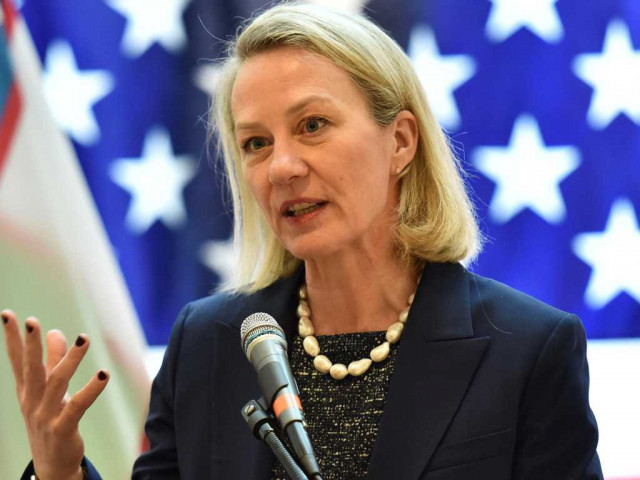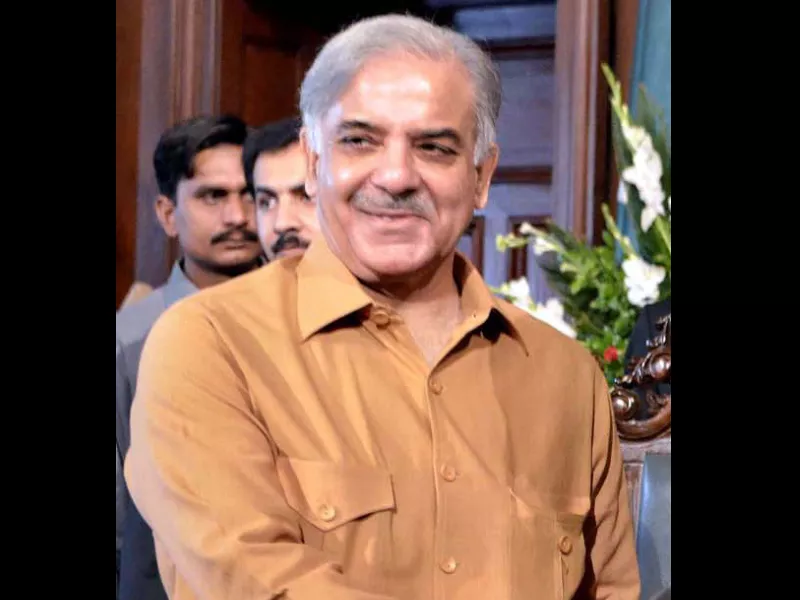Social media laws could setback Pakistan’s digital economy: Alice Wells
Unfortunate if Pakistan discourages foreign investors and stifles domestic innovation, says US top diplomat

Unfortunate if Pakistan discourages foreign investors and stifles domestic innovation, says US senior diplomat. PHOTO: FILE
The new law – Citizens Protection (Against Online Harm) Rules, 2020 – requires all social media companies including YouTube, Facebook, Twitter and TikTok to register within three months and establish their offices in Islamabad.
They will have to create a data server in Pakistan within a year and block any account or prevent or remove any content that “violates or affects the religious, cultural, ethnic or national security sensitivities of Pakistan” and is “involved in spreading of fake news or defamation”.
The new rules have sparked a controversy with many claiming that the Prime Minister Imran Khan-led government would use it as a tool to stifle criticism of its policies under the premise of national security.
New social media laws not meant to muzzle dissent, says PM’s aide amid concerns
“Unfortunate if Pakistan discourages foreign investors & stifles domestic innovation in such a dynamic sector. Encourage discussion w/[with] stakeholders,” said Wells in a tweet from her official handle on Tuesday.
New restrictions on social media platforms in #Pakistan could be setback to freedom of expression & development of digital econ. Unfortunate if Pakistan discourages foreign investors & stifles domestic innovation in such a dynamic sector. Encourage discussion w/ stakeholders. AGW
— Bureau of South and Central Asian Affairs (SCA) (@State_SCA) February 25, 2020
Initially, the government defended its social media policy maintaining that the new laws amid at protecting citizens from online harms and later decided to review it policy amid the outcry.
The US diplomat's statement comes a day after the Islamabad High Court (IHC) had issued notice to the federation, and law, information and technology ministries in a petition challenging social media policy.
The petitioner’s counsel Jahangir Khan Jadoon maintained that the Citizens Protection (Against Online Harm) Rules, 2020 violated Article 19 and 19 (a) of the Constitution. He termed it an attempt by the government to stifle dissent and free speech.



















COMMENTS
Comments are moderated and generally will be posted if they are on-topic and not abusive.
For more information, please see our Comments FAQ